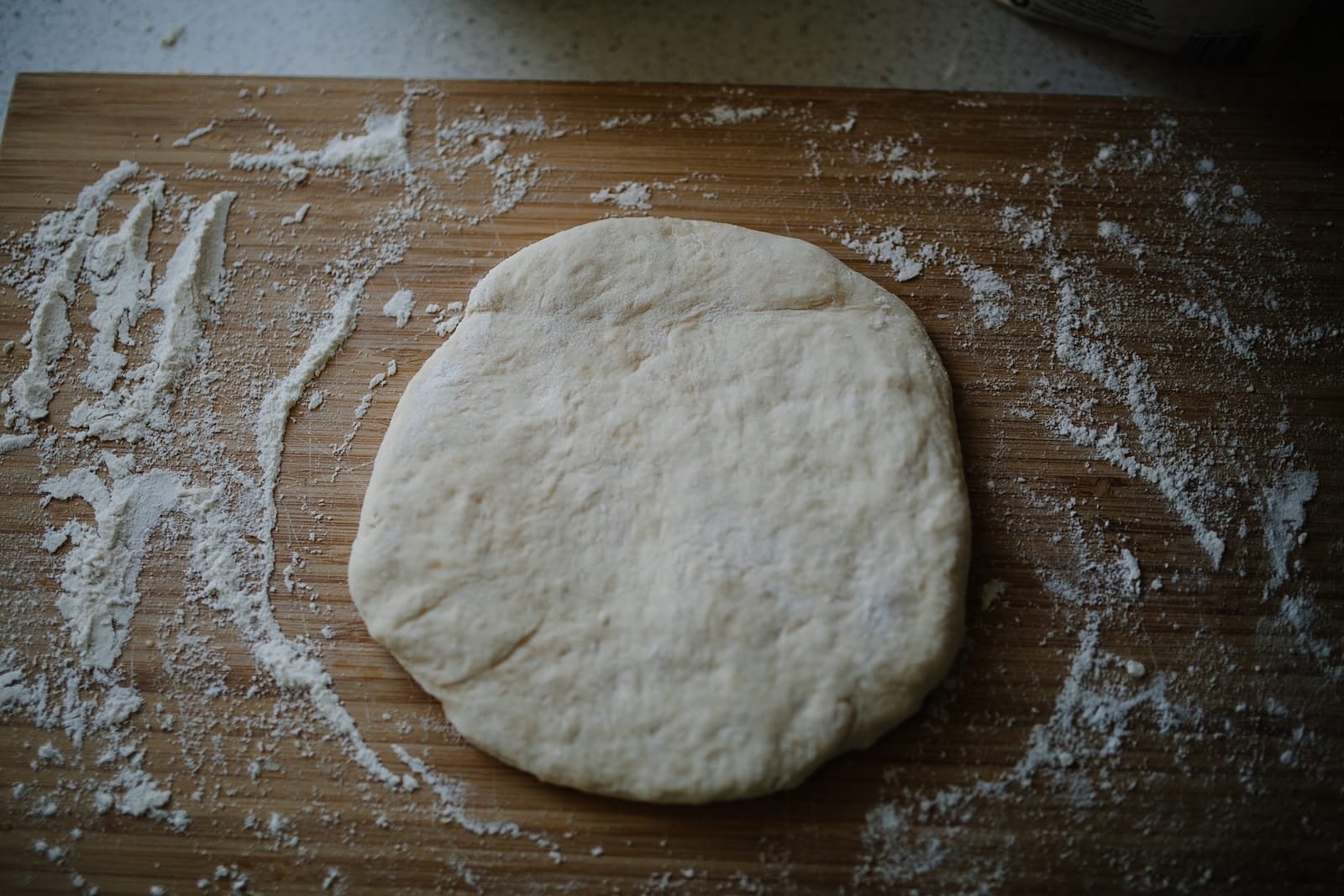When you whip up a batch of homemade pizza dough or snag some from the store, you’re holding the foundation of a fantastic meal. But life happens, and sometimes we can’t use it all at once. That’s where proper storage comes in. Pizza dough’s lifespan in the fridge is influenced by several factors, including the ingredients used, the freshness of those ingredients, and how it’s stored.
Typically, a basic pizza dough contains water, flour, yeast, salt, and sometimes oil or sugar. These ingredients are hospitable to bacterial growth if not handled correctly. According to the CDC, perishable food items should not be left out at room temperature for more than 2 hours, as bacteria can grow rapidly between 40°F and 140°F, which is known as the “Danger Zone.”
For homemade pizza dough, the clock starts ticking the moment you combine the ingredients. The yeast in the dough is active, which means it’s fermenting and producing gases that make your dough rise. This is a good thing – to a point.
In the fridge, which should be set at 40°F or below as recommended by the FDA, this process slows down but doesn’t stop completely. You can generally expect your homemade dough to maintain its quality for about 1 to 2 days. After that, the fermentation can cause the dough to develop a sour taste and the texture may turn. However, if you’ve used a recipe that’s low in yeast and sugar, your dough can last up to 5 days in the fridge.
Store-bought dough can be a bit more resilient. It often contains preservatives that help extend its shelf life. Refrigerated store-bought dough can typically last 1 to 2 weeks in the fridge, provided it hasn’t been opened. Once opened, you should use it within 3 to 5 days for the best quality and safety.
The tell-tale signs that your pizza dough has passed its prime are:
Remember, when in doubt, throw it out! It’s better to be safe than sorry when it comes to food safety.
If you know you won’t be using your pizza dough within the optimal fridge lifespan, freezing is a fantastic option. Wrap your dough tightly in plastic wrap, then place it in a freezer bag, squeezing out as much air as possible. Properly stored, pizza dough can last in the freezer for up to 3 months. To use, thaw it in the fridge for 12 hours or overnight.
As your Food Safety Dad, I want to make sure you’re serving up delicious and safe meals from your kitchen. By following these guidelines, you’ll ensure that your dough is always ready toroll into the perfect pizza when you are. So, keep that dough in check, and your pizzas will always be a hit at the dinner table. Now, go forth and bake with confidence and a slice of food safety knowledge! Bon appétit!


